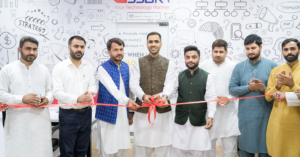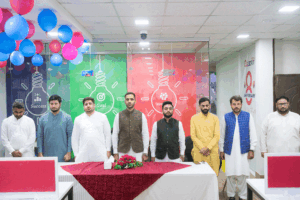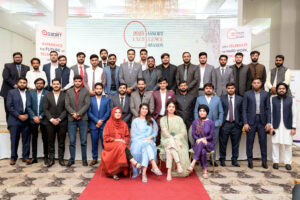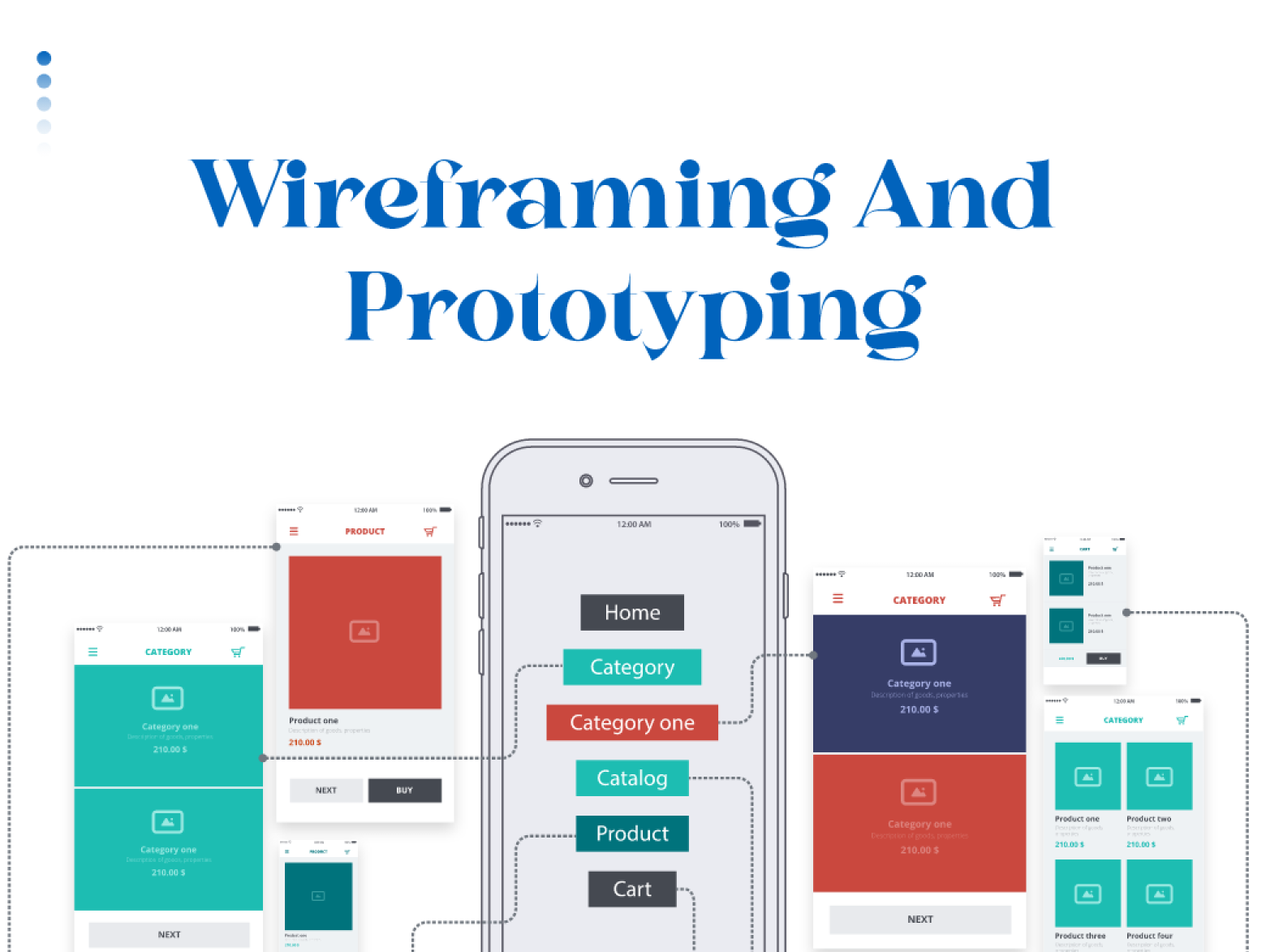UX specialists adopt an investigative and analytical approach to ensure satisfaction for both users and businesses as UX consulting encompasses much more than providing user experience advice. Moreover, UX consultants go beyond the visual aspects of a product and invest significant time in understanding potential improvements in its architecture, flow, content, layout, customer journey, and more. UX consultants typically take a more generalist approach and possess a broader understanding of user experience, value propositions, user flow, and related aspects.

What does UX Consultant do?
UX consultants play a crucial role in guiding and enhancing UX design, implementation, and improvement. Businesses often engage UX consultants to elevate their design process and create superior products. Here are the key responsibilities fulfilled by UX consultants:
Conducting extensive research on UX design and product markets
UX consultants serve as researchers with a strong understanding of business and UX design. They perform in-depth market research, analyze competitors, compare UX designs and ideas, and determine how the final product fits within the current market.
Providing customer insights for improved designs
UX consultants offer valuable customer insights to facilitate the creation of more intuitive and appealing UX designs. By examining customer feedback on the company’s products or its competitors’ products, consultants gain a deeper understanding of customer preferences and guide the team in aligning their designs accordingly. This may involve conducting customer surveys, preparing insight reports, or directly interviewing clients to gather more valuable insights.
Offering recommendations for changes or upgrades to the current UX design
During the design process, UX consultants closely observe the design team and its workflow. They provide suggestions to enhance efficiency, avoid errors, and optimize the aesthetics and functionality of the designs. Consultants may offer direct advice or review the design process at specific milestones, providing remote feedback throughout the project lifespan.
Assisting in managing the UX design budget to meet financial goals
UX consultants indirectly contribute to managing the UX and overall design budget. Although they do not have direct control over funds and expenses, they offer insights into hidden costs, specific process-related expenses, and potential costs associated with errors or setbacks. Such knowledge helps the team prevent financial losses and enhance cost efficiency. Consultants can also help set financial goals, such as product costs, revenue targets, or expense reduction targets.
Developing a content strategy for product marketing
With their expertise in business and design, UX consultants support the development team in devising a content strategy that aligns with customer preferences and maximizes marketing effectiveness. They contribute to marketing campaigns by providing insightful data from research and direct customer insights. A well-executed content strategy helps the product reach the right audience, boosts brand engagement and awareness, and potentially increases revenue as customers find the products they need.
Conducting direct testing of user interfaces
UX consultants often directly test their client’s websites, applications, or other software to evaluate usability and ensure good user experience design. By conducting testing, consultants identify errors, pinpoint areas for improvement, and align the design process with client or user needs. Direct testing can save the design team time and resources by identifying issues prior to the final product release, thereby preventing costly recalls or time-consuming updates.
Difference Between UX Consultant and Ux Designer
The main difference between a UX consultant and a UX designer lies in their roles and areas of focus within the field of user experience.
A UX consultant is typically brought in as an external expert to provide strategic guidance and advice on improving the overall user experience of a product or service. They take a holistic approach and consider various aspects such as business goals, user needs, market trends, and competitive landscape. UX consultants often have a broad skill set and experience working across different industries and projects. They analyze user data, conduct research, and provide recommendations on how to optimize the user experience. Their role is more strategic and advisory, helping organizations make informed decisions to enhance their products or services.
On the other hand, a UX designer is primarily responsible for the practical implementation of the user experience. They focus on hands-on design work, translating user insights and requirements into tangible design solutions. UX designers conduct user research, create wireframes, design user interfaces, and collaborate with development teams to bring the design vision to life. They are skilled in using design tools, prototyping, and usability testing to create intuitive and engaging user experiences. UX designers often work within internal design teams or as part of product development teams.
In summary, while UX consultants provide strategic guidance and expertise to optimize the overall user experience, UX designers focus on the practical design implementation and creation of user interfaces.
Skills of UX Consultant?
UX consultants possess a range of valuable skills, including:
Business management skills
A crucial skill for UX consultants is business management. They understand the complexities of running a business, including time management, leadership, financial management, and customer service. With their leadership experience, consultants offer insights to improve team efficiency and reduce costs, ultimately driving revenue growth.
Interpersonal skills
UX consultants work closely with clients and multidisciplinary teams, requiring strong interpersonal skills. Effective communication, collaboration, and active listening are essential for understanding client concerns, conveying insights, and collaborating with diverse individuals.
Marketing skills
UX consultants often have expertise in the marketing aspects of design projects. They know how to reach target audiences, highlight product features, and leverage digital content to enhance sales, web traffic, and brand visibility. Marketing skills may encompass SEO content experience, customer understanding, storytelling, writing, and digital content management.
UX design skills
Many UX consultants begin their careers as UX designers, mastering the art of creating optimal user experiences through effective design. They learn the design and development process, understand the interplay between UX and UI (user interface), and gain knowledge in product marketing. Along the way, they develop skills in teamwork, collaboration, and sometimes coding. With several years of design experience, UX consultants bring a wealth of expertise to their consulting roles.
Why Hire UX Consultant?
UX consultants offer valuable assistance in various areas, extending beyond user experience advice. Here’s a glimpse of how they can contribute to the success of your product:
Aid in business transformation
UX consultants assist organizations in becoming more agile and user-centered by leveraging their extensive UX experience and understanding of digital technology. They help innovate and reshape roadmaps to adapt to changes in customer and competitor behaviors.
Expedite issue resolution
When a product faces user dissatisfaction, hiring an experienced UX consultant can save time and money. They quickly identify and address issues, ensuring user satisfaction and cost efficiency.
Train existing teams
UX consultants are adept at assembling and training UX teams. They enhance design and personal skills through workshops and guidance, fostering the right mindset and effective communication.
Establish design systems
As teams and products grow, coherent and replicable designs become crucial. UX consultants develop design systems containing UI components and elements, streamlining decision-making and improving efficiency.
Shape the UX ecosystem
Businesses often focus on specific product details and overlook the broader UX ecosystem. Consultants help define product positioning, integration within the user environment, and collaboration with other products. They employ methodologies and feedback collection strategies to drive product improvement.
Kickstart the design process
Involving a UX consultant early in a project ensures a smooth design process, minimizing errors and complications. They can conduct workshops to prepare teams for complex tasks like creating design systems.
Plan UX strategy
A UX consultant helps establish a clear UX strategy, aligning the vision, user needs, and technical resources across the organization. This strategic approach ensures the creation of valuable and marketable products.
Conduct audits
Consultants excel in identifying UX-related issues through audits and proposing actionable plans for improvement. This investment minimizes user dissatisfaction and optimizes product performance.
Understand users better
If user research is lacking or at an early stage, a UX consultant gathers insights into user needs, expectations, and aspirations. This understanding guides product development toward user-centric solutions.
Importance of UX Consulting
UX consultants play a crucial role by providing an outsider’s perspective on a company’s UX design. They can identify potential blind spots that internal teams may overlook due to their familiarity with the product. Unlike a UX designer who focuses on specific tasks, consultants take a holistic approach to improving the user experience of an app or website. Hiring a consultant offers the benefit of gaining expert advice and strategic insights from a top-down perspective. Consultants guide clients on what needs to be done, shifting the mindset from task-based expertise to a broader, big-picture perspective.









